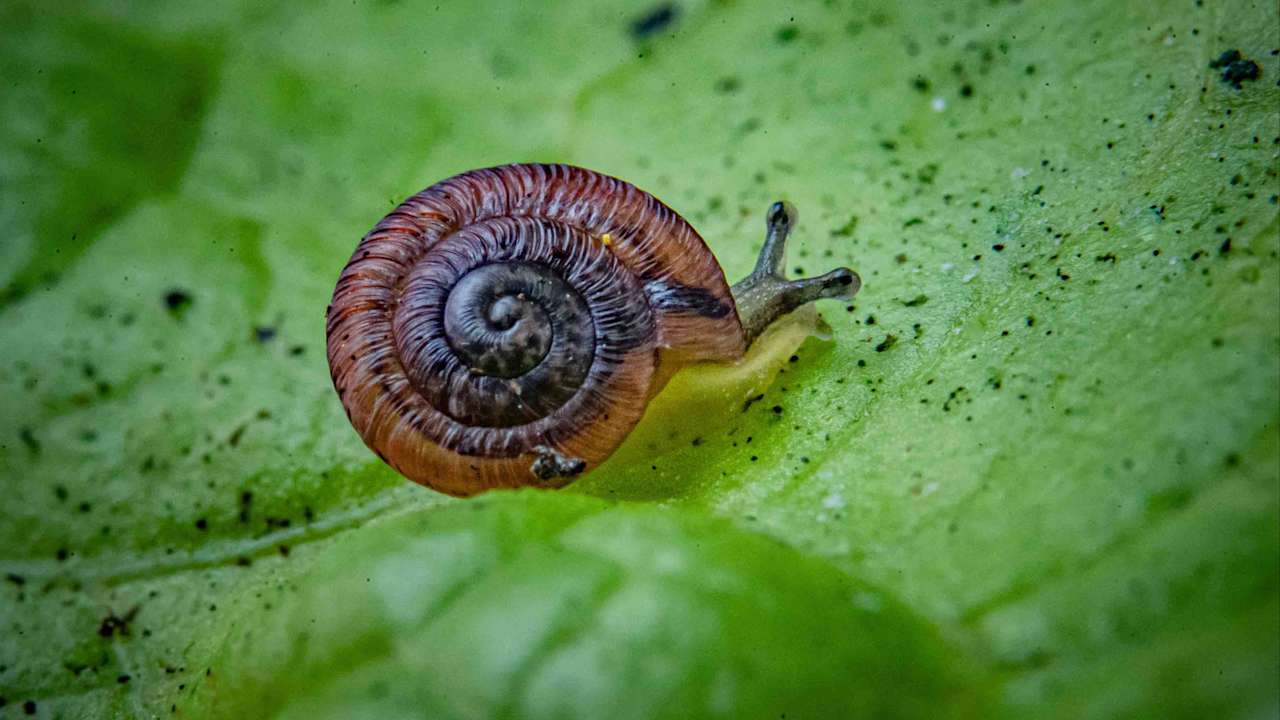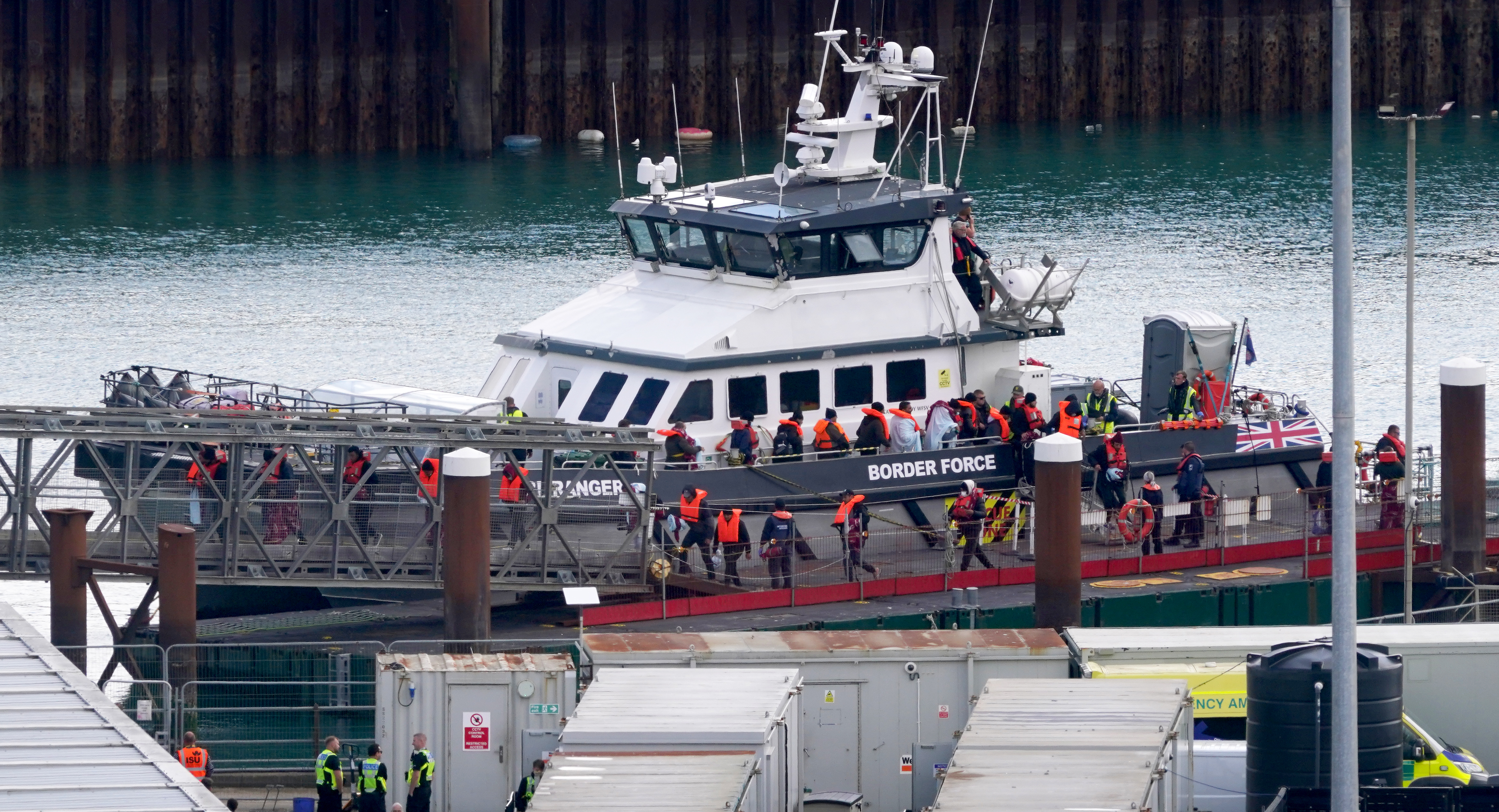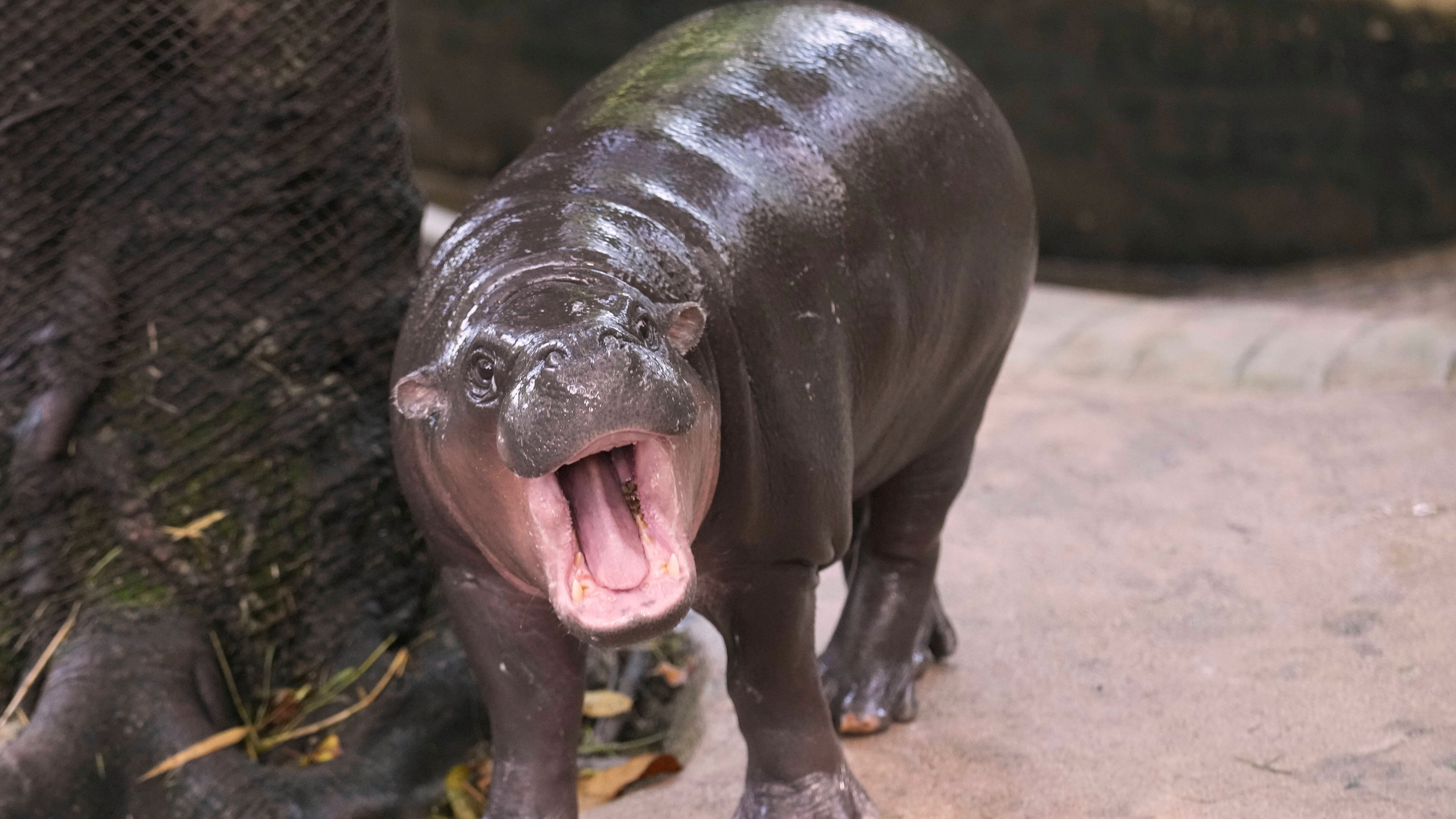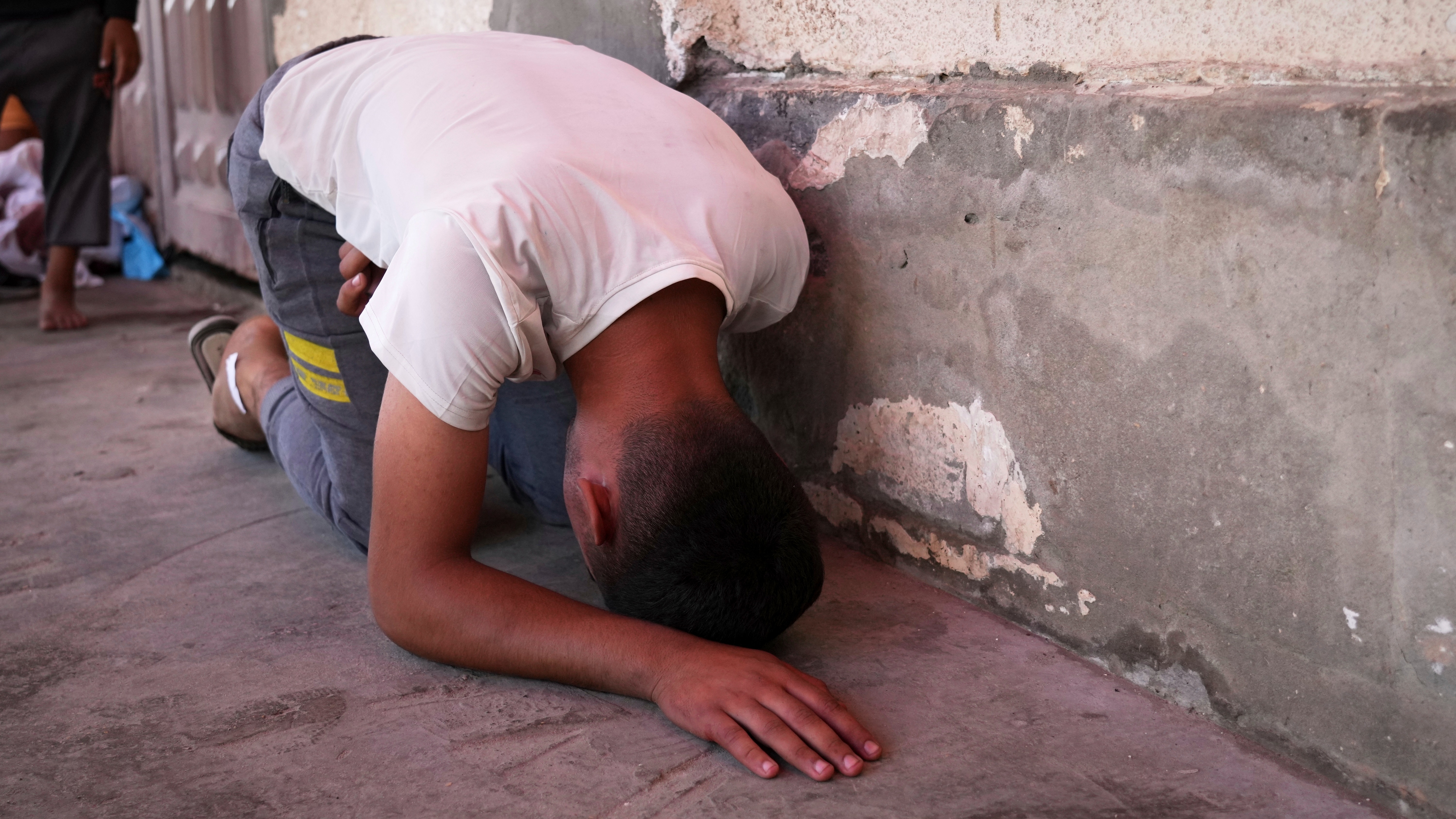Tiny snails, thought to be critically endangered, have been saved from extinction after more than 1,300 born at a UK zoo were taken back to their home on an Atlantic Island.
The Desertas Island land snail, which is about the size of a pea, was believed to have gone extinct after no sightings were recorded for more than a century.
But after two species were found on the rocky island of Desertas Granda near Madeira, 60 of the reminding less than 200 snails were sent to Chester Zoo where conservationists from the UK and Maderia hope to repopulate their North Atlantic home.
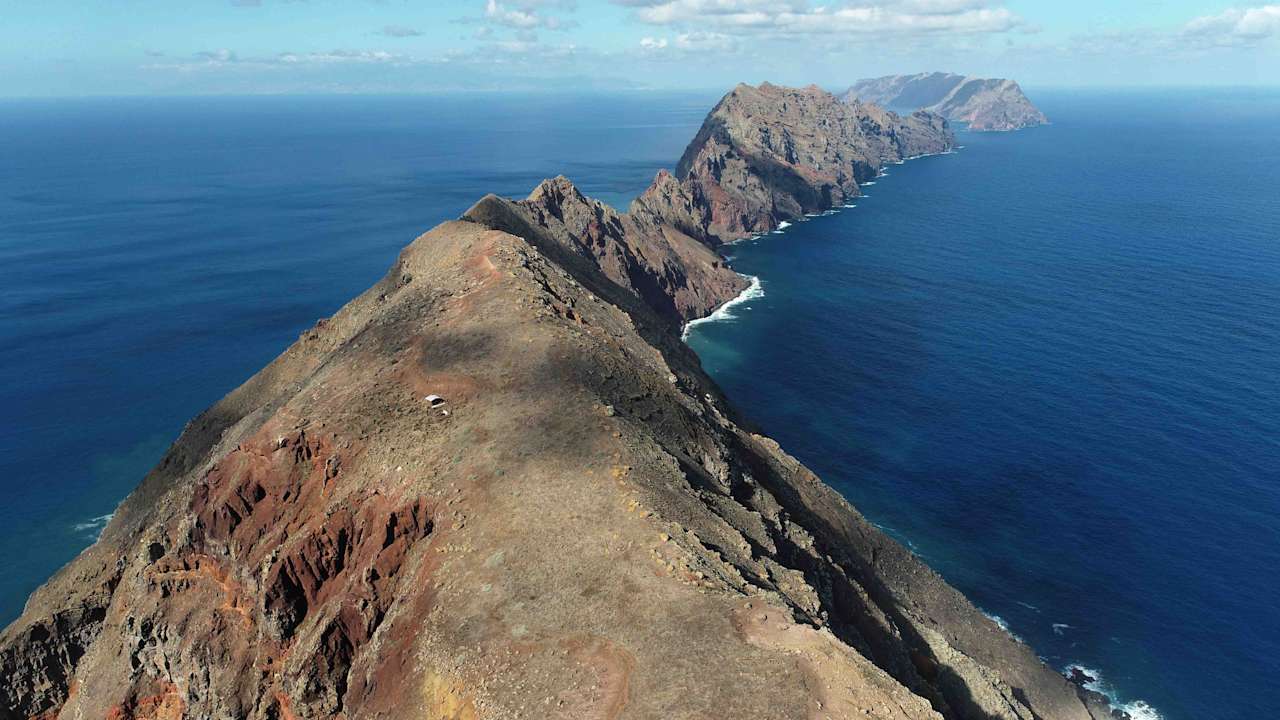
Experts at the UK zoo and at Bristol Zoological Society and Beauval Nature in France went about creating the perfect conditions for them to breed and after several months, the programme was a success as the snails were bred for the first time in human care.
Now 1,329 snails have been sent to Bugio Island in the Atlantic where they will roam (very slowly) across the rocky island.
Invasive species such as goats, rats and mice have been removed as the snails were nearly hunted to extinction.
The snails reintroduced to the island have been given markings in infra-red paint so they can be identified and monitored.
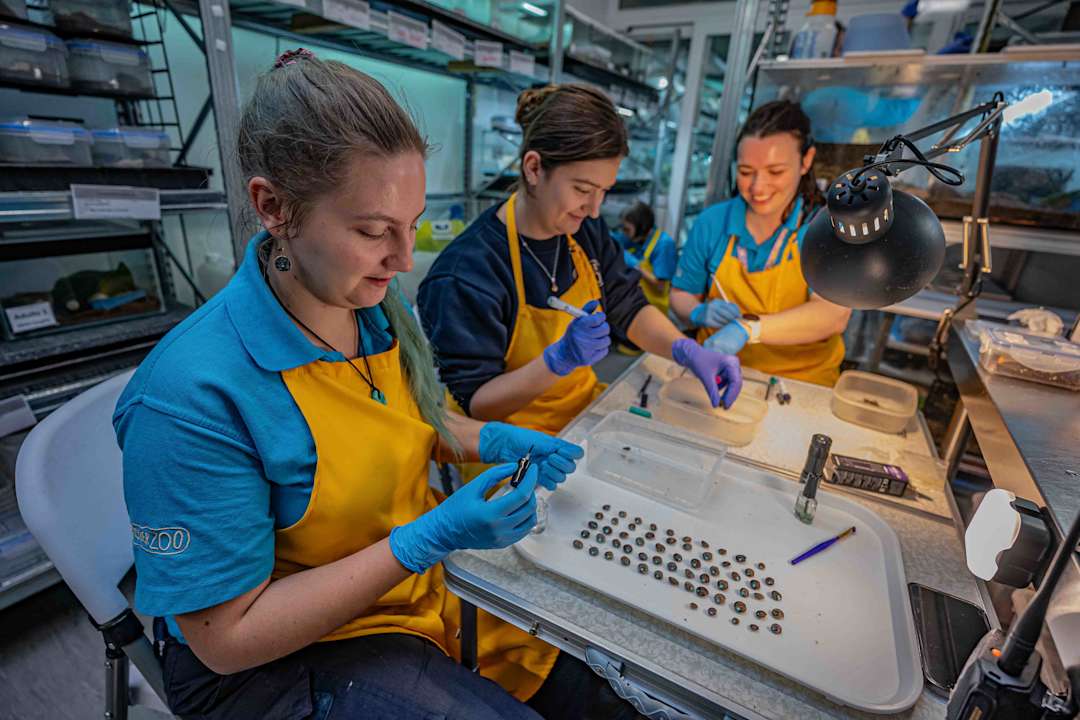
Chester Zoo invertebrate expert Heather Prince told ITV News it took them several months to work out what the snails liked and how to breed them.
She said: “When we first received the snails we actually didn’t know what they liked, we didn’t know what they ate, we didnt know how they prefered to be housed so we weren’t actually sure how they reproduced, if they had eggs or if they gave birth to live baby snails.
“So it was a big learning curve to use our past experience with other snail species and se how we could make these snails happy, keep them comfortable and give them the best care we could to hopefully get them to breed.”
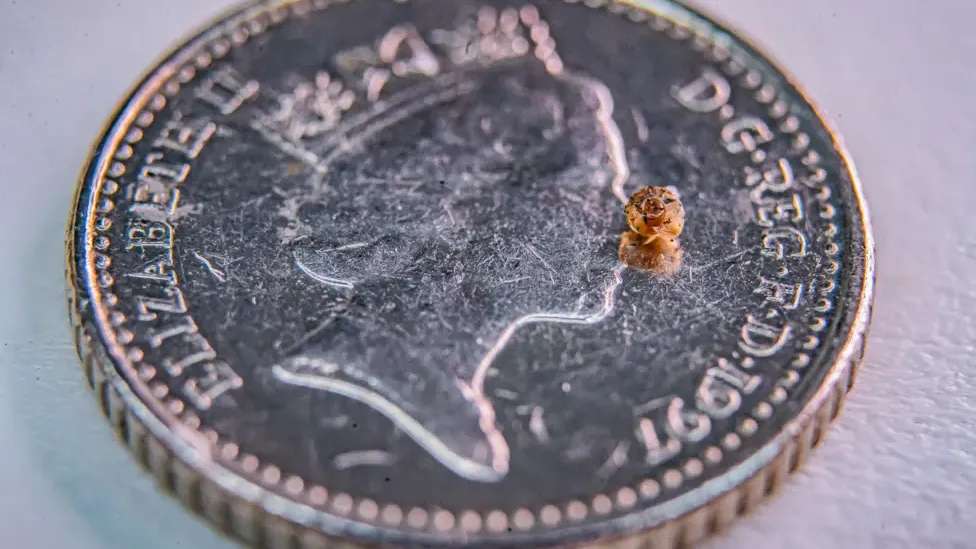
Dr Gerardo Garcia, Chester Zoo’s head of ectotherms said: “When the snails first arrived in Chester the very future of the species was in our hands.”
“As a zoo conservation community, we knew nothing about them.
“They’d never been in human care before and we had to start from a blank piece of paper and try to figure out what makes them tick: how to care for them, how to create an environment in which they could flourish, and how to encourage them to breed.
“These snails really were on the edge of extinction and the fact that we’ve now been able to give them a chance of making a comeback is testament to the efforts of many people: including our highly dedicated and skilled zookeepers who have spent countless hours caring for every individual snail.”
Dinarte Teixeira, biologist and project manager at the Instituto das Florestas e Conservacao da Natureza, which discovered the animals, said: “These snails are incredibly precious.
“The Desertas islands are the only place in the world where they can be found and so we’re striving to do everything we can to give them the best possible chance for the future.
“For 100 years we thought they’d gone forever, but now there’s new hope.”
Follow STV News on WhatsApp
Scan the QR code on your mobile device for all the latest news from around the country


